A healthy and balanced diet is an important and integral part of one’s life. Amidst all the hustle-bustle, taking care of your health is very essential and the best way to do that is by incorporating superfoods in your daily life that make a balanced and healthy meal.
For good health and nutrition, a balanced diet is necessary. It protects you from numerous diseases like heart diseases, diabetes, and cancer, among other chronic diseases. A healthy diet requires a diversity of foods and a reduction in sodium, carbohydrates, saturated fats, and industrially generated trans fats.
It is not necessary to be complicated when it comes to eating healthy. You’ll be well on your way to a better life if you follow the advice of professionals and eat a well-balanced diet. Making good dietary adjustments to help avoid disease, manage your weight, and feel better is never too late or too early.
Following are the 7 superfoods that everyone should include in their diet:
1) Fish:
Fish is high in protein and omega-3 fatty acids, as well as vitamins D and B2 (riboflavin) both of which aid to avoid heart disease. It is a good source of calcium and phosphorus, as well as minerals like iron, zinc, iodine, magnesium, and potassium. As part of a balanced diet, researchers suggest eating fish at least twice a week.
Some fishes high in omega3 are salmon, tuna, mackerel, trout, herring, etc.
2) Leafy Greens:
Greens are high in vitamin A, vitamin C, calcium, and a variety of phytonutrients (chemicals made by plants that have a positive effect on your health). They also provide dietary fiber.
Include them in the following ways: Spinach, Peas, Turnip leaves, Lettuce, Kale, Cabbage, Collard greens, and mustard greens are all good choices. Add them to salads or sauté them in some olive oil. Greens can also be added to soups and stews.
3) Whole Grains:
Whole grains are high in soluble and insoluble fiber, as well as many B vitamins, minerals, and phytochemicals. It has been demonstrated that they decrease cholesterol and prevent heart disease and diabetes.
You can have whole grains at any time of the day. For breakfast, you can have a bowl of oatmeal. At lunch, you can have a quinoa salad and at dinner, you can have wheat berries or brown rice. Replace your baked potato with bulgur, quinoa, wheat berries, or brown rice. When purchasing bread at the grocery, search for whole wheat or multigrain bread as the first option.
4) Nuts & Seeds:
Fiber, vegetarian protein, and heart-healthy fats are in abundance in nuts and seeds.
They also include anti-inflammatory and antioxidant plant chemicals that can help protect against oxidative stress.
According to research, consuming nuts and seeds can help prevent you from heart disease.
Serve as a snack or add a handful to oatmeal or yogurt. But keep in mind that they’re high in calories, so only eat a tiny handful. Try peanut butter (which is really a legume), almond butter, or cashew butter. Nuts are also a tasty addition to cooked vegetables or salads.
5) Legumes:
Kidney, black, red, pulses, as well as soybeans, chickpeas, and green peas, fall within this category. Fiber, folate, and plant-based proteins are all abundant in legumes. They have been shown in studies to help lessen the risk of heart disease.
Include them in Salads, Soups, and Casseroles, or make their curry to get maximum benefits from it. Make a bean-based spread like hummus or have them in the form of homemade pickles.
6) Yogurt:
Yogurt is high in calcium and protein and also includes live cultures known as probiotics. These good bacteria can defend the body against dangerous bacteria.
You can increase your yogurt consumption, but avoid fruited or flavored yogurts, which have a lot of calories. Purchase plain yogurt and top with fresh fruit. In dips and sauces, yogurt can be used instead of mayonnaise or sour cream.
7) Berries:
Berries are high in vitamins, minerals, fiber, and antioxidants, making them a nutritional powerhouse.
Berries’ high antioxidant content has been associated with a lower risk of heart disease, cancer, and other inflammatory diseases.
Berries are naturally delicious and high in fiber, and their vibrant colors indicate that they are full of antioxidants and disease-fighting minerals.
Shifa International Hospital Nutrition & Dietetics Department:
Shifa Nutrition and Dietetics Clinic uses innovative and better diet plans and delivery ways to safely and effectively supply nutrients to patients, based on the most recent research in the field of nutrition worldwide.
The approach to providing focused nutritional management care to patients is comprehensive, with the goal of establishing a road map to help the patient achieve suitable dietary habits and a healthy lifestyle.
Every patient’s dietary plan is unique to them, based on their lifestyle, eating habits, BMI, BMR and medical history. The Body Composition Analyzer uses cutting-edge computer evaluation methods to precisely measure the fat, lean body mass, and water content of the patient’s body, as well as the patient’s specific basal metabolic rate. This can assist in determining the patient’s specific nutritional plan’s aim. Hyperlipidemia, diabetes, eating disorders, and hypertension treatment are among the special dietary programs available.
If the patient’s situation permits it, an extended treatment programmed service can be added to the above-mentioned treatments.
Patients undergo effective behavioral modification therapy and cognitive restructuring for weight control in order to fix the fundamental causes of excess weight.
Shifa Nutrition Clinic provides adult and pediatric patients with comprehensive nutrition advice to improve their nutritional health and quality of life.
Consult with our qualified Nutritionists and Dieticians today for a healthy and better life.
Call on 051 846 4646 or visit our website https://www.shifa.com.pk/ to book an appointment with our Nutritionists & Dieticians for further details.
Sources:
Harvard Health
Healthline
Shifa International Hospital website

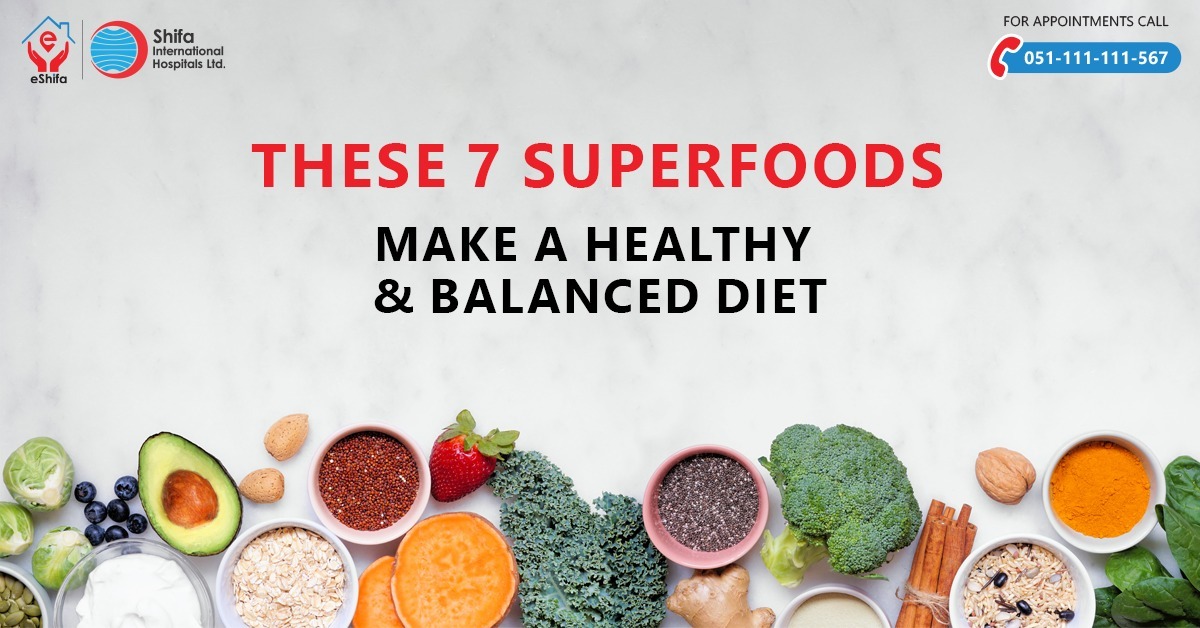

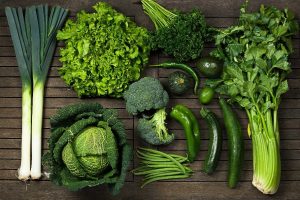
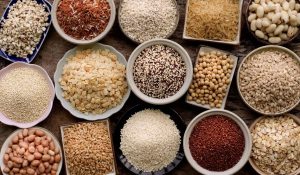
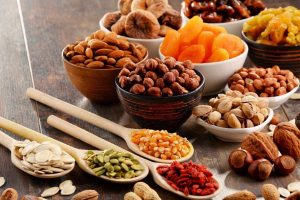
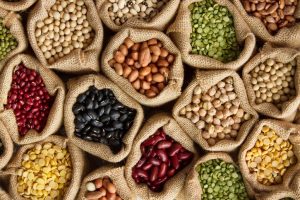
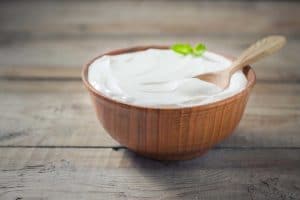




0 Comments